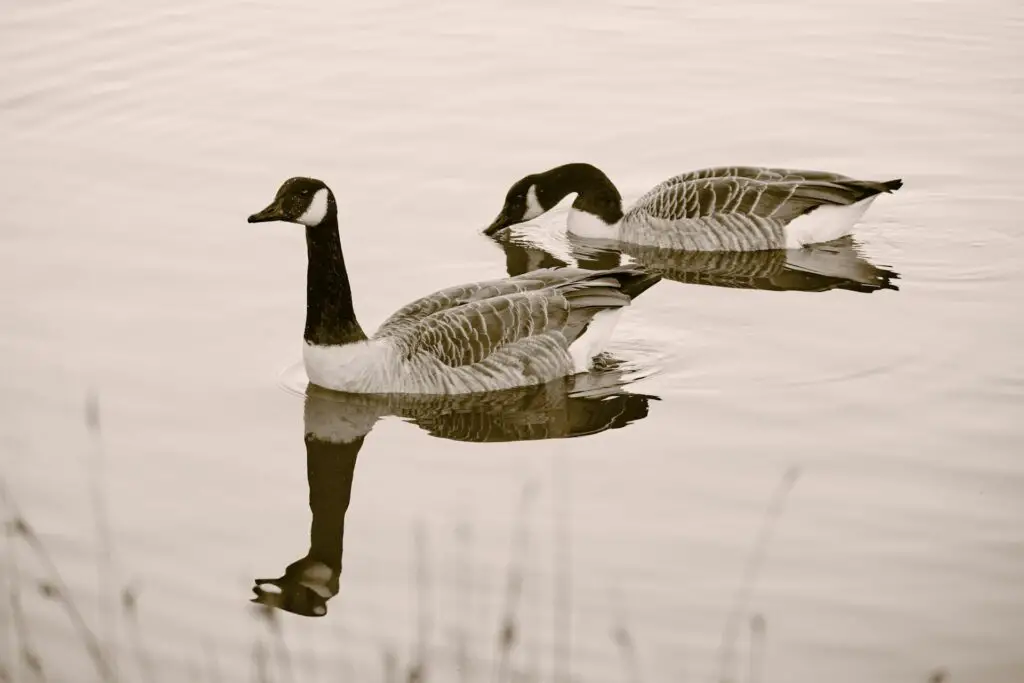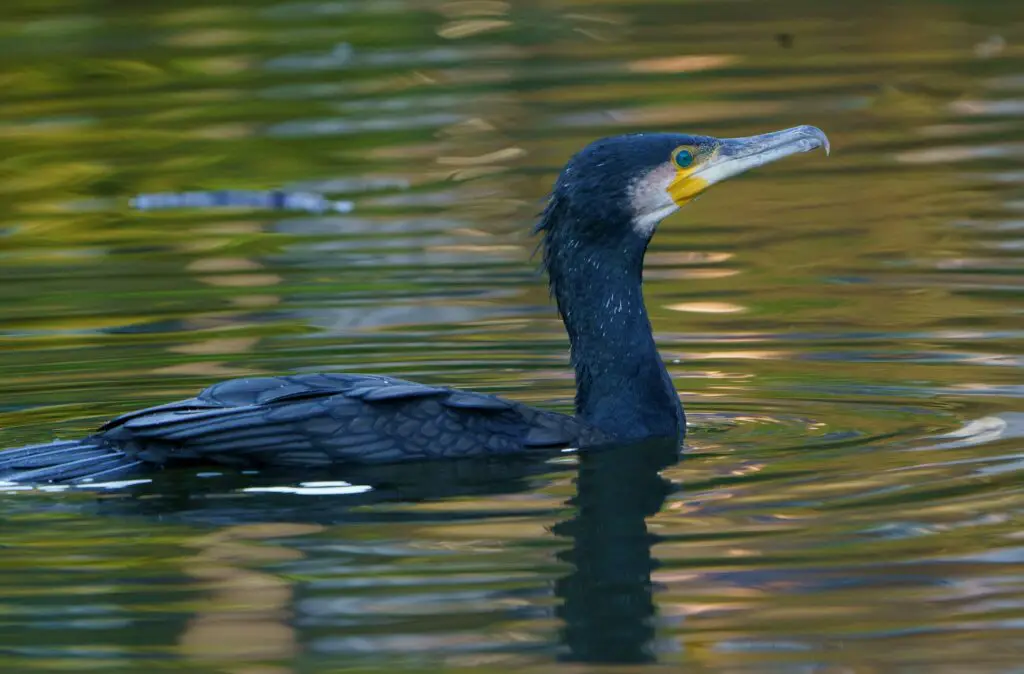State officials investigate widespread avian influenza cases as wildlife experts urge caution for residents and hunters.
Avian Influenza Cases Spread Across Michigan’s Waterways
The Michigan Department of Natural Resources (DNR) is investigating multiple wild bird die-offs across Lower Michigan, suspecting a resurgence of highly pathogenic avian influenza (HPAI), commonly known as a bird flu outbreak. More than 300 dead birds have been reported in recent weeks, signaling a potential public health and wildlife crisis.
The DNR Wildlife Health Division confirmed that samples collected from Allegan, Shiawassee, Ingham, Eaton, and Washtenaw counties have been sent for testing, with preliminary results indicating likely HPAI cases. The samples have been forwarded to the U.S. Department of Agriculture’s National Veterinary Services Laboratory for further confirmation, a process that could take weeks or even months.
Statewide Avian Influenza Surveillance Intensifies

The die-offs have primarily affected Canada geese and other waterfowl. Specific locations with significant mortality events include:
- Fennville Farm Unit at Allegan State Game Area (Allegan County): 77 dead Canada geese and one mallard.
- Shiawassee River near Owosso (Shiawassee County): Over 80 dead Canada geese.
- Williamston Lakes (Ingham County): Approximately 25 dead birds.
- Grand River in Grand Ledge (Eaton County): About 20 dead birds.
- Washtenaw County: 100 dead birds.
The DNR urges residents to report clusters of six or more dead birds using its Eyes in the Field reporting tool at Michigan.gov/EyesInTheField.
Wildlife Experts Advise Caution as Bird Flu Outbreak Investigation Continues
DNR officials stress that HPAI is highly contagious, spreading through nasal discharge and fecal droppings of infected birds. Though some birds may carry the virus without symptoms, others can succumb quickly to the disease.
“If you find a dead wild bird, do not touch it with your bare hands,” said Mitch Marcus, DNR Wildlife Health Supervisor. “The best approach is to assume any wild bird could carry a disease.”
The DNR does not remove dead birds from private properties. Residents disposing of bird carcasses should wear protective gloves, double-bag the remains, and place them in sealed trash containers.
Bird Flu Outbreak Impact on Michigan’s Wildlife

Since the first HPAI outbreak in Michigan in 2022, the virus has impacted wild bird populations across the state. Raptors, colony-nesting birds such as terns and cormorants, and even bald eagles have been affected. While some localized population declines are possible, wildlife experts believe the statewide duck, goose, and swan populations remain stable.
“HPAI has been found throughout the U.S., and Michigan is no exception,” said Sara Thompson, DNR Wildlife Division Chief. “The DNR will continue conducting disease surveillance to monitor long-term effects.”
Pet Owners Urged to Take Precautions
While the risk to domestic animals and humans is considered low, feral and domestic cats have tested positive for HPAI, leading state officials to recommend keeping pet cats indoors. Although domestic dogs have not been infected in the U.S., pet owners should keep their animals away from dead or sick wildlife.
The Michigan Department of Agriculture and Rural Development (MDARD) continues to monitor poultry flocks, encouraging farmers and backyard flock owners to follow biosecurity measures to limit HPAI spread. The Michigan Department of Health and Human Services (MDHHS) urges individuals in direct contact with wildlife to take protective precautions.
Hunters Advised on Safe Practices as Waterfowl Season Continues
Hunting seasons for Canada geese remain on schedule at affected areas like the Fennville Farm Unit, with precautions in place. Hunters are urged to wear gloves when handling birds, avoid touching their faces, and clean gear thoroughly after hunting trips. See how hunters can practice simple health and safety precautions can limit the spread of HPAI
DNR also advises against using platform bird feeders and recommends regular sanitization of backyard feeders with a 10% bleach solution to help curb the spread of HPAI and other avian diseases.
Find More Interesting Feature Stories From ThumbWind
- Michigan Feature Stories – Unveiling the diverse and vibrant people, captivating places, and remarkable events that make Michigan unique.
- Weird Political News – A sarcastic take on the absurdities in the political landscape with a humorous perspective.
- Michigan News – News and events from Michigan’s Upper Thumb region worth knowing, including local stories, impactful interviews, and updates on community happenings that shape the culture and lifestyle of the area.
Your Turn – Like This, or Loath it – We Want To Hear From You
Please offer an insightful and thoughtful comment about the bird flu outbreak. We review each response. Follow us to have other feature stories fill up your email box, or check us out on Newsbreak.



